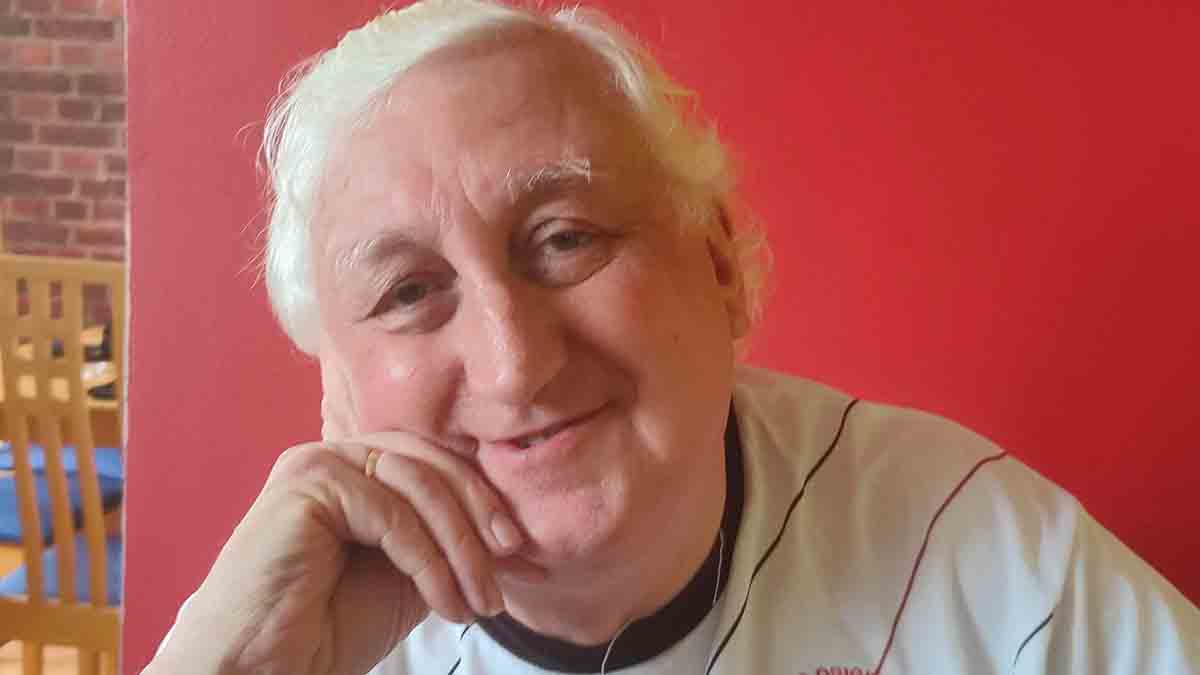THE LAST WORD
By Pat Coughlan
In the heart of Kilkenny, a glaring issue casts a shadow over the city and its people, particularly people with a disability. On January 15 last, the local authority reduced the car parking benefits applicable to Blue Badge card holders. Some people raised their voices in opposition but it was not until it became apparent that the parking decision had wider ramification particularly for traders that the matter came to a head.
The council met and reversed the January decisions but not the changes that affected people with disabilities. Instead “the elected members agreed to liaise with groups representing drivers with accessibility issues. The outcome of these discussions will be taken into account by elected members and any decision approved will be implemented by the Council”.
Possible victory had been clutched from the jaws of defeat. Kilkenny Access Group expressed happiness with the plan and Chairman Fiona O’Neill said that Kilkenny Access Group was ready, willing and able to play their parts but warned against people dragging their heels on the issue. She said this would be top of the agenda at the groups AGM on May 15 in the Butts Community Hall.
In the shadows of our bustling towns lies a silent but formidable barrier: fear. It’s not the visible obstacles that pose the greatest threat to individuals with disabilities but the intangible, pervasive fear of exclusion and misunderstanding. This fear can deter them from participating fully in community life, stifling their voices and contributions. Addressing this requires not just physical adjustments to our environments but a shift in societal attitudes, fostering a culture where fear is replaced with understanding and acceptance.
But, apart from fear which effects all of us, do we understand Disability Access Needs and the current shortcomings in our city and towns? As we search for inclusivity, we must first grasp the specific needs of individuals with disabilities. This includes ensuring the presence of wheelchair-friendly ramps and elevators on main streets, making public transport accessible with designated seating and clear signage, and faithfully implementing both the spirit and the word of the EU Directive on parking for those with Blue Badge permits.
These steps are fundamental, yet many towns fall short, highlighting a gap between policy and practice that needs urgent bridging.
In the spirit of unity and progress, towns around the country, and indeed the world, are increasingly joining forces with disability advocates to ensure that urban planning embraces everyone. In Kilkenny the establishment of a disability access committee has become a pivotal step. By weaving disability access clauses into planning approvals, local authorities, with the invaluable insight of groups like the Kilkenny Access Group, are setting a new standard for inclusivity, ensuring that every new development considers the needs of all citizens.
In the realm of disability access, technology and innovation are paving the way for transformative changes. Smart navigation apps, specifically designed for the visually impaired, are offering newfound freedom and independence, guiding them through towns with ease. Meanwhile, the creation of sensory-friendly spaces, equipped with quiet zones and tailored lighting, is significantly enhancing the quality of life for individuals with sensory sensitivities.
These advancements are not just about compliance; they’re about crafting towns where everyone can thrive, underscoring the potential of technology to foster inclusivity at every turn.
At the heart of transforming our city and towns into bastions of inclusivity, lies the cornerstone of training and awareness. By equipping town employees and business owners with the knowledge and skills to understand and support individuals with disabilities, communities are taking a significant leap towards empathy and accommodation.
Such initiatives ensure that every interaction within the town’s daily life is an opportunity for inclusion, making the urban landscape not just physically accessible but also socially welcoming. Through these educational efforts, towns are laying the groundwork for a culture that celebrates diversity and fosters genuine belonging.
The march towards a future of inclusive transformation starts here. Kilkenny County Council officials and councillors have now given the commitment to not only reverse the January 15 decision but to work with the community to achieve everyone’s objective.
This concerted effort promises a future where Kilkenny can exemplify not only compliance with legal standards but also a deep-seated ethos of inclusivity, ensuring spaces where everyone can flourish.

















